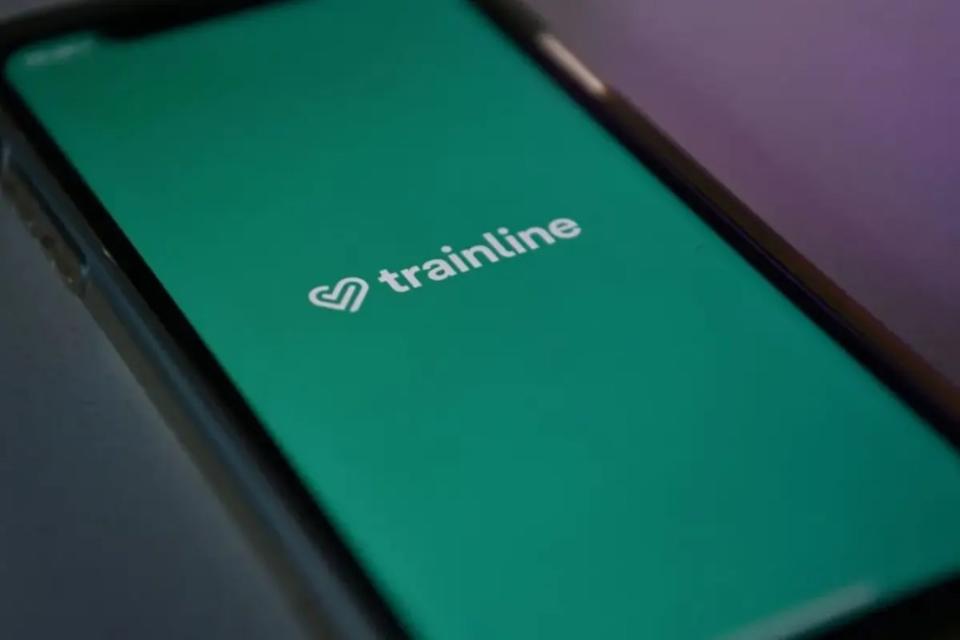Trainline: Results in the spotlight after ‘knee-jerk’ reaction to Labour rail nationalisation

Trainline will be in the spotlight this week as it’s set to report results following Labour’s pledge to renationalise Britain’s railway system.
While shares in the company took a hit after the plan was announced, the stock is up 22 per cent over the past 12 months. According to a trading update published in early March, the company booked £5.3bn in sales over the year to February.
Analysts have pencilled in a profit before tax of £66.7m for the year, up from £37.1m the year prior. International consumer net ticket sales are expected at more than £1bn. The company will report on Friday.
After Labour unveiled sweeping proposals to bring about the “biggest reform of our railways in a generation” last week, investors have been looking for some guidance on what the reforms would mean for the company. The stock dropped 10 per cent after Labour’s announcement.
Dan Coatsworth, an investment analyst at AJ Bell, said the “knee-jerk” reaction to Labour’s policy announcement is due in part to proposed changes to the UK’s ticketing system.
“Labour wants to bring in automatic delay and cancellation refunds, make digital season tickets available on all networks, and make timetables, tickets and fares more integrated.
“In essence, that is bad news for Trainline as part of its appeal is having a platform that makes the booking system easier and more effective to use than ones run by train companies themselves,” he told City A.M.
“Labour also said travellers would be given a ‘best-price ticket guarantee’ if they use a government-approved app to buy fares – again, stepping into Trainline’s territory as it offers split tickets to save money on rail travel,” he added.
Shadow transport secretary Louise Haigh outlined Labour’s plans at Trainline’s headquarters, signalling a positive relationship between the groups.
However, there are no guarantees Trainline would be selected as the government-approved ticketing app and so investors are treating the news as an additional threat to long-term profitability.
In December, shares in Trainline rallied by more than a fifth in one day after the current UK government cancelled plans to launch a rival digital ticketing service.
Investors will also be looking carefully at growth in the ticketing app’s European segments, which have reported buoyant demand over the last year.
“Spain is proving to be a key driver of earnings for the group as Trainline takes advantage of sweeping liberalisation that is creating a big runway for growth in Europe. It says Madrid to Barcelona is now the third most popular route across all countries on the Trainline platform, including the UK,” Coatsworth noted.

 Yahoo Finance
Yahoo Finance 